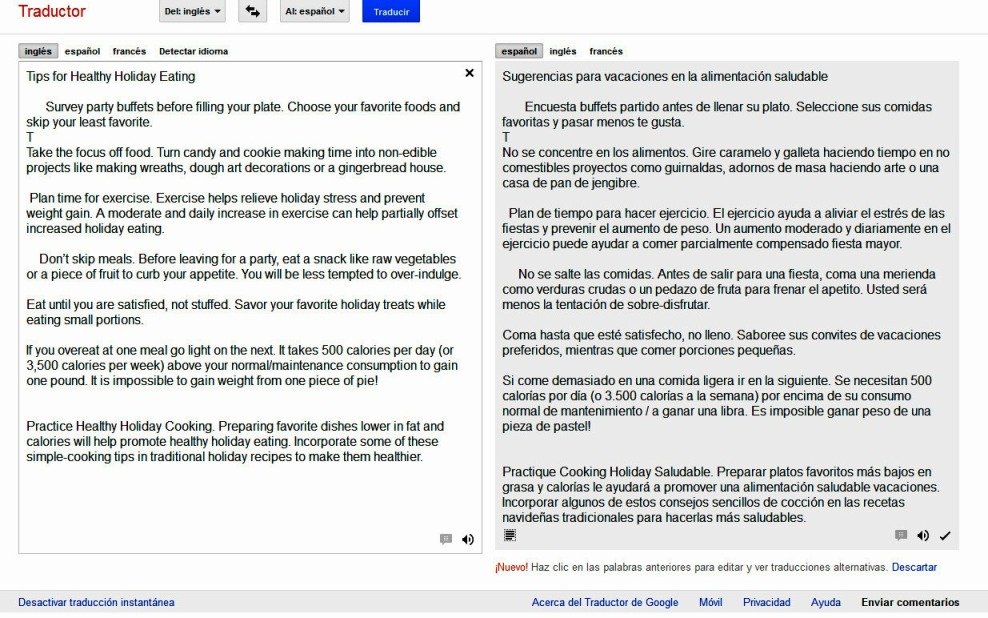Since Google Translate made its first appearance in the translation market, many people thought that translators had seen their days. In fact, many believed that these language professionals were no longer needed: why spend money in hiring their services when there was an automatic translation machine that could deliver the same results? But, is a machine translation as accurate as a human one?
Relying on a machine translation allows users to have a document translated in seconds whereas a human translator would take hours or even days to do it. However, speed has nothing to do with accuracy and this is quite an important point you should bear in mind.
How does automatic translation work?
Unlike language professionals that translate documents paying attention to the general meaning of the text and carefully choosing the most appropriate words and expressions and making sure the translated version sounds natural to the reader, in an automatic translation the software performs a literal translation of the text. In other words, the original document is generally translated into the foreign language word by word, without caring about the way in which sentences are arranged in that language.
As a result, the final version is many a time a collection of words stringed together with not much sense altogether.

When can an automatic translation be useful?
Even though machine translations will never give you the feeling of a natural, well translated text, there are some occasions in which they can be useful.
Automatic translation is great for personal use, especially when you are pressed with time and need to have a general idea of what a text is about and it’s not worth to hire a human translator to do it.
Other occasion in which you can use an automatic translation service is to translate Facebook posts or Twitter messages. Many times, a foreign friend writes something in his mother tongue and you’re curious about it. Copying the text in Google Translate can easily solve the mystery.
When should you avoid an automatic translation?
Generally speaking, corporate texts (memos, websites, internal manuals, financial documents and so on) as well as medical, legal and technical documents should always be translated by a human translator. In these cases, accuracy is not only a must but also it is of utmost importance that the message reaches your audience strongly and clearly.
Literary works shouldn’t be translated by a machine either. These pieces of writing demand the cultural awareness, exquisiteness and common sense of a human translator. Only a translator can choose the most accurate wording to express the poet’s or writer’s message.







